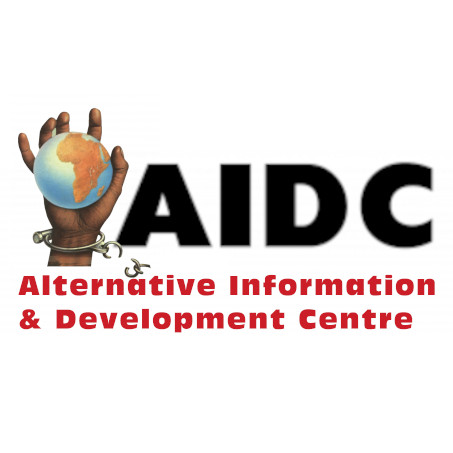Minister Enoch Gondongwana’s speech illustrates how the government has fully adopted a neoliberal austerity agenda, including the privatisation of the country’s energy and transport systems. It remains committed to major budget cuts and harsh austerity as Treasury continues to swing the axe of “fiscal consolidation”. Slashing the budgets for public health, education and employment programs.
Using the Treasury’s inflation forecast of 5.1% for next year:
Basic education is set to be cut by R11.4 billion in real terms next year; Public Health is set to be cut by R6.9 billion; andEmployment programmes are cut by over 10 billion.
As for social grants, the Treasury extended the special Covid grant of R350 for one year more. But in year two and three of the 3-year plan, it falls away. The effect is a drop in real terms by R46.3 billion from 2022/23 to 2024/25 in allocations to the whole social grants system. The failure to implement a permanent basic income grant means that many will continue to live below the upper-bound poverty level.
And so it goes on for the majority of budget lines, including a real reduction to the public sector wage bill.
This destructive austerity agenda’s ambition is to achieve a non-interest spending surplus by 2023/24. In other words, public spending is less than the revenue raised. This is a nonsensical objective. Not only do the majority of countries in the world have budget deficits, cutting public spending will further undermine the state’s capacity to deliver services.
The continuing of ‘unbundling’ Eskom and the privatisation of electricity supply is the flipside of the government’s neoliberal agenda. Austerity and privatisation will further hollow out state capacity. It is misguided to think that the private sector will save the day. In reality, the private sector is a big part of the problem. Building a capable developmental state requires large levels of public investment. We show where the resources can be found here.
If the march out from the fossil fuel economy is to be realised at the pace and scale necessary to avert an ecological catastrophe, it is necessary that our energy system remains fully public and that its primary purpose is to provide electricity as a public good. This cannot be done unless Eskom is decorporatised, and the looting and corruption at the SOE is eradicated.
With the ‘Country Partnership Framework’ signed in 2021, the Treasury has put forward a Mid-Term Budget crafted together with its partner the World Bank. As a consequence, and if this is implemented in the 2023 Budget, South Africa’s public services and social infrastructure will continue to fall apart for another year, and with this also, the social fabric and social peace.
AIDC will give a detailed response on this crucial point of Reviving Eskom instead of breaking it apart and to the whole Mid-Term budget in a Part 2 of the report that we issued yesterday.
For further comment, please contact:
Dick Forslund 082 895 7947, dick@aidc.org.za or
Elroy Paulus 082 748 5621, elroy@aidc.org.za
The post AIDC Statement on the 2022 Mid-Term Budget (MTBPS): Extreme austerity and budget cuts continue in a glass house of orthodoxy! appeared first on AIDC Alternative Information & Development Centre.






